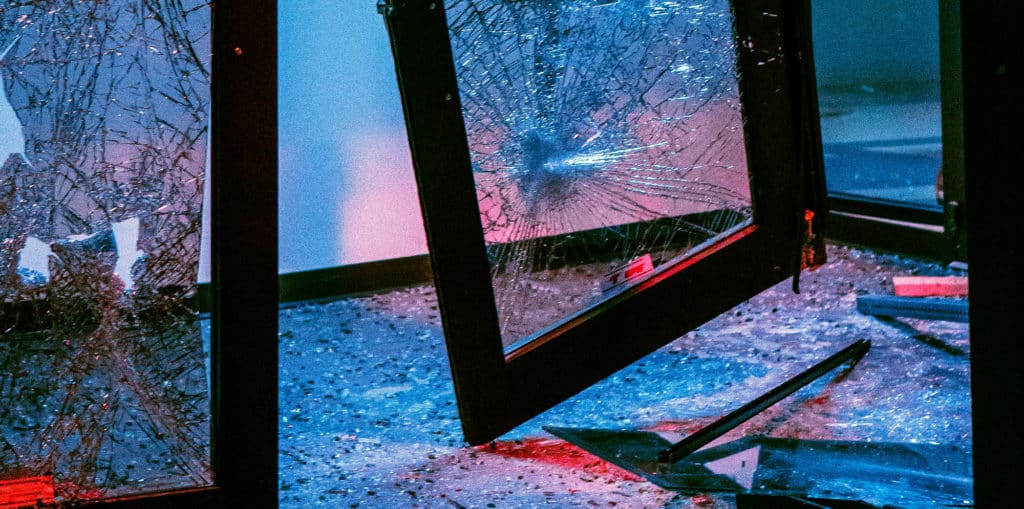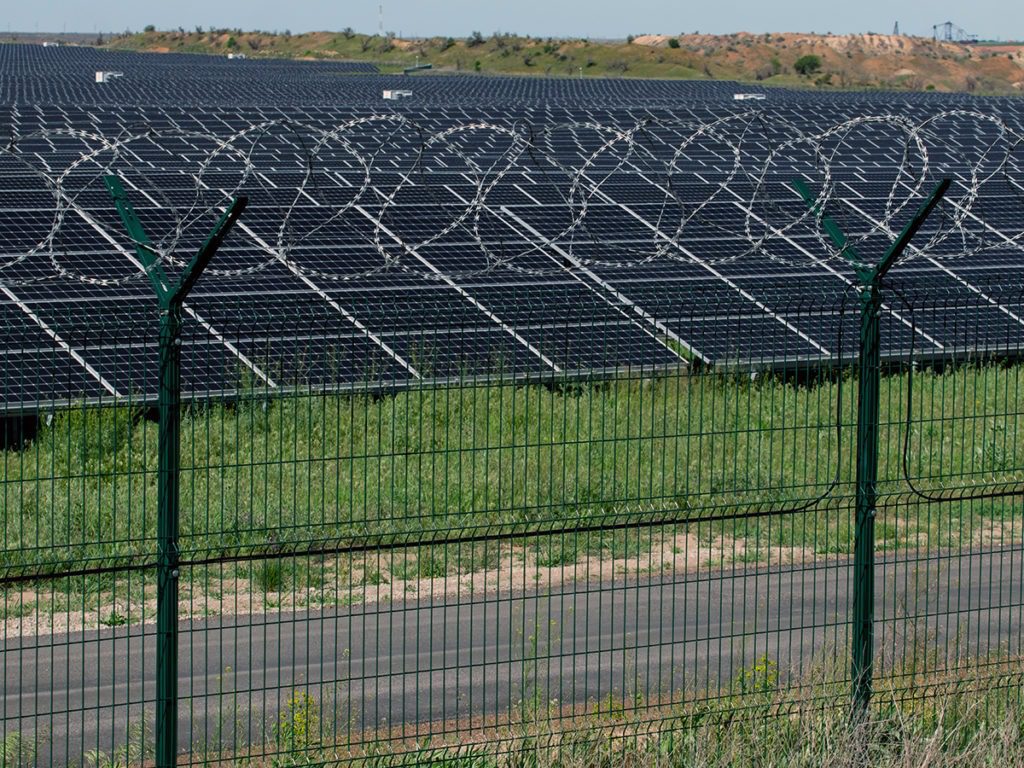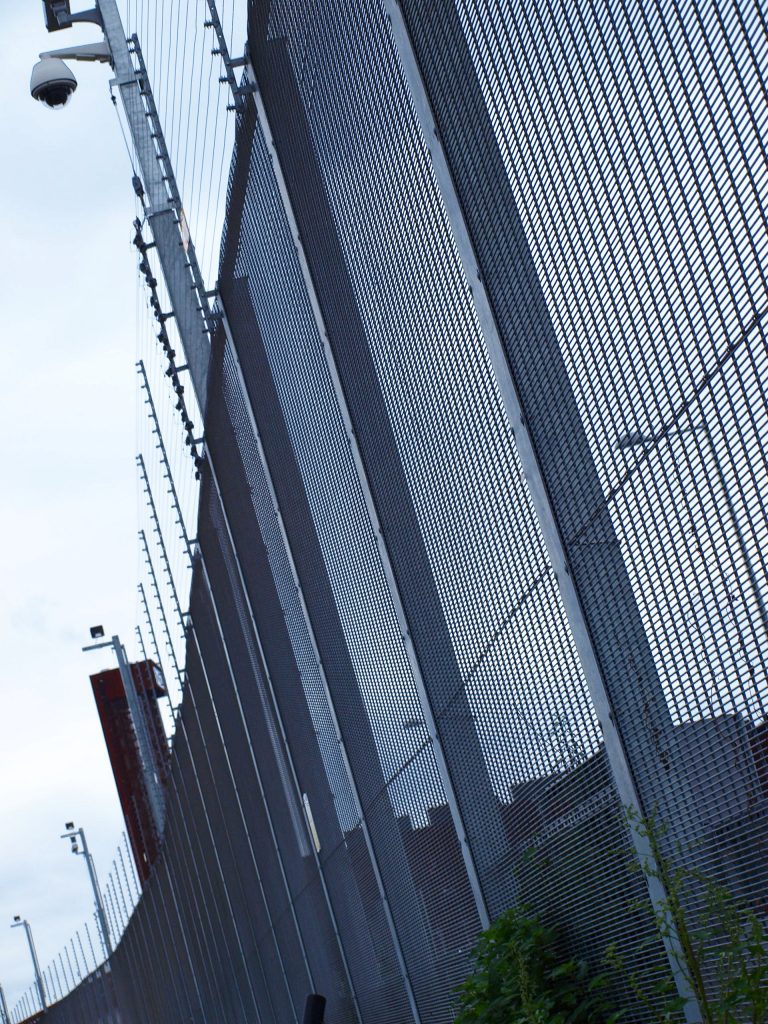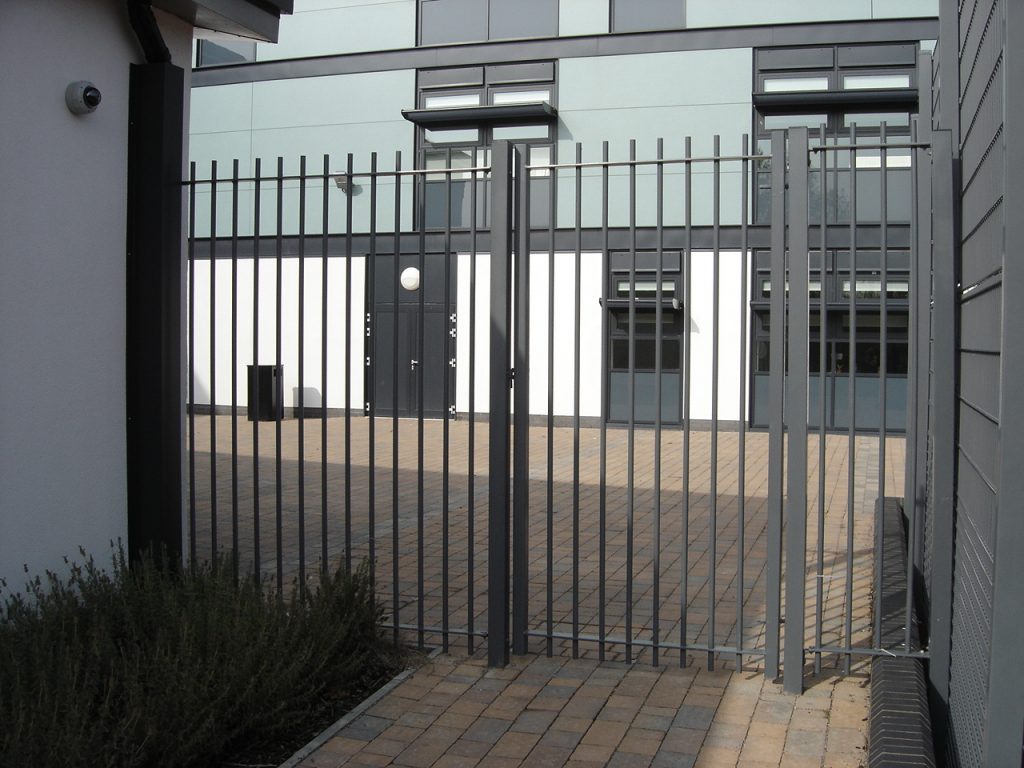BS EN 10244 is a European standard outlining the requirements for coating steel wire with zinc or zinc alloy. It has been approved since 2008 and applies throughout Europe and the United Kingdom.
Under BS EN 10244, metal coatings used on fences have to adhere to specific requirements. These include:
– The type, grade and quality of coating must be stated at the time of ordering.
– The mass of the coating must be expressed per unit of the surface area of bare wire.
– The coating must be smooth and evenly distributed, without any bare patches or signs of cross-contamination.
This quality standard means that wire fencing must be adequately tested to ensure compliance. Ultimately, this prevents poor quality products from making it onto the European marketplace and ensures consumers have access to reliable products, which we’re certain you’ll agree is important when it comes to security fencing.
How does BS EN 10244 improve the quality of steel fencing?
Fences tend to be on the receiving end of a lot of inclement weather at all times of the year in the UK. Rain, sleet, snow, hail, frost and wind can all impact even the toughest of fences, which is why it is so important to have adequate protection against the elements. In the fencing industry, the purpose of zinc alloys is to provide the best possible corrosion resistance. Most zinc alloys consist of around 95% zinc and 5% aluminium, although variations which can contain up to 20% aluminium are available.
Zinc alloys have been proven to provide incredible resistance to corrosion in comparison to other galvanised steel coatings. When combined with aluminium, it is thought that zinc coatings can improve the lifespan of a steel fence by anything up to four times.
The beauty of zinc alloy coatings is that they don’t require any additional powder coating and won’t even require regular maintenance or cleaning. Zinc wire will remain corrosion-free even after welding. It’s the most economical way to get more out of your fences.
When to consider zinc-coated fences
Rust prevention is a huge factor when maintaining any steel fence, and the materials/coating methods of a fence will have a huge impact on its longevity. If you install a steel fence without any protection, atmospheric conditions will cause the fence to rust more quickly.
Zinc alloy fences should be employed whenever you need durability and need to protect against high levels of corrosion (in an outdoor area with heavy rainfall, for example).
Sites like prisons, MoD buildings, mental health secure units and other government institutions require reliable, corrosion-resistant fencing. Sensitive buildings/areas cannot afford their fences to have any weak links caused by corrosion.
Find out more
Contact Zaun today if you would like to upgrade and replace your existing fencing or require corrosion-free fencing for a new project. As BS EN 10244-compliant fencing stockists, we’ll be happy to discuss the latest zinc-coated options and provide advice on the right products for your endeavour.




